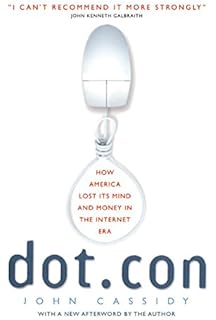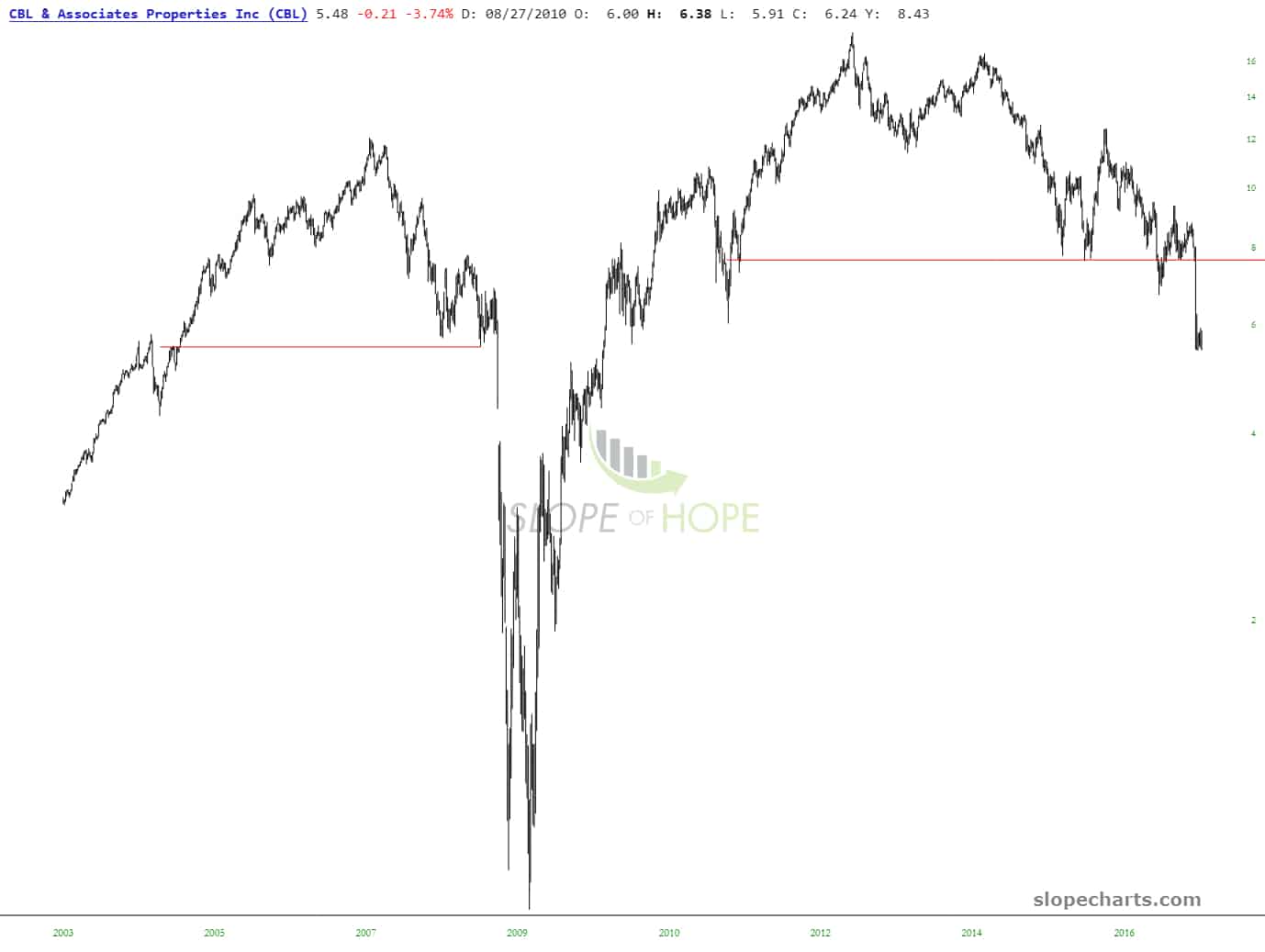On my crowded bookshelf of history texts is one book called Dot Con, which recounts the build-up to, and the bursting of, the Internet bubble. I hadn’t read this book in many years, but I pulled it from the shelf yesterday to thumb through it, since we seem to be living in identical times right now (although with a far more pervasive and much, much bigger, bubble). Here’s one quote I typed in for your reading pleasure. You’re welcome.
“All speculative bubbles go through four stages, each with its own internal logic. The  first stage, which is sometimes referred to as the displacement, starts when something changes people’s expectations about the future…….a few well-informed souls try to cash in on the displacement by investing in the new vehicle of speculation, but most investors stay on the sidelines.
first stage, which is sometimes referred to as the displacement, starts when something changes people’s expectations about the future…….a few well-informed souls try to cash in on the displacement by investing in the new vehicle of speculation, but most investors stay on the sidelines.
The early investors make extremely high returns, and this attracts the attention of others. Next comes the boom stage, when prices are rising sharply and skepticism gives way to greed. The sight of easy money being made lures people into the market, which keeps prices rising, which, in turn, attracts more investors. Eventually, those upstanding citizens who haven’t’ joined in the festivities feel left out. Not just left out. They feel like fools…..
Boom passes into euphoria. Established rules of investing, and often mere common sense, are dispensed with. Prices lose all connection with reality. Investors know this situation can’t last forever, and they vie to cash in before the bubble bursts……a larger and larger group of people seeks to become rich without a real understanding of the processes involved. Not surprisingly, swindlers and catchpenny schemes flourish. Finally, inevitably, comes the bust. Sometimes there is clear reason for the break; sometimes, the market implodes of its own accord. Either way, prices plummet, speculators and companies go bankrupt, and the economy heads into recession. A few months later, everybody looks back in amazement, asking, ‘How did that happen?'”
(more…)

 first stage, which is sometimes referred to as the displacement, starts when something changes people’s expectations about the future…….a few well-informed souls try to cash in on the displacement by investing in the new vehicle of speculation, but most investors stay on the sidelines.
first stage, which is sometimes referred to as the displacement, starts when something changes people’s expectations about the future…….a few well-informed souls try to cash in on the displacement by investing in the new vehicle of speculation, but most investors stay on the sidelines.

